Please fasten your belts!
Etherspot integrates Swing’s liquidity solution
Etherspot has announced its integration with Swing. This collaboration aims to simplify the process for developers by offering integrated token swaps, leveraging a broad spectrum of on-chain liquidity.
Swing, a cross-chain SDK, empowers Web3 teams by providing access to liquidity from over 24 EVMs. It aggregates liquidity from multiple sources, including 10+ cross-chain bridges, 30+ DEXes, and renowned aggregators such as 1inch and ParaSwap.
This integration with Etherspot will enable developers to facilitate on-demand cross-chain swaps, ensuring users receive optimal rates without compromising on experience due to low liquidity or inefficient pricing.
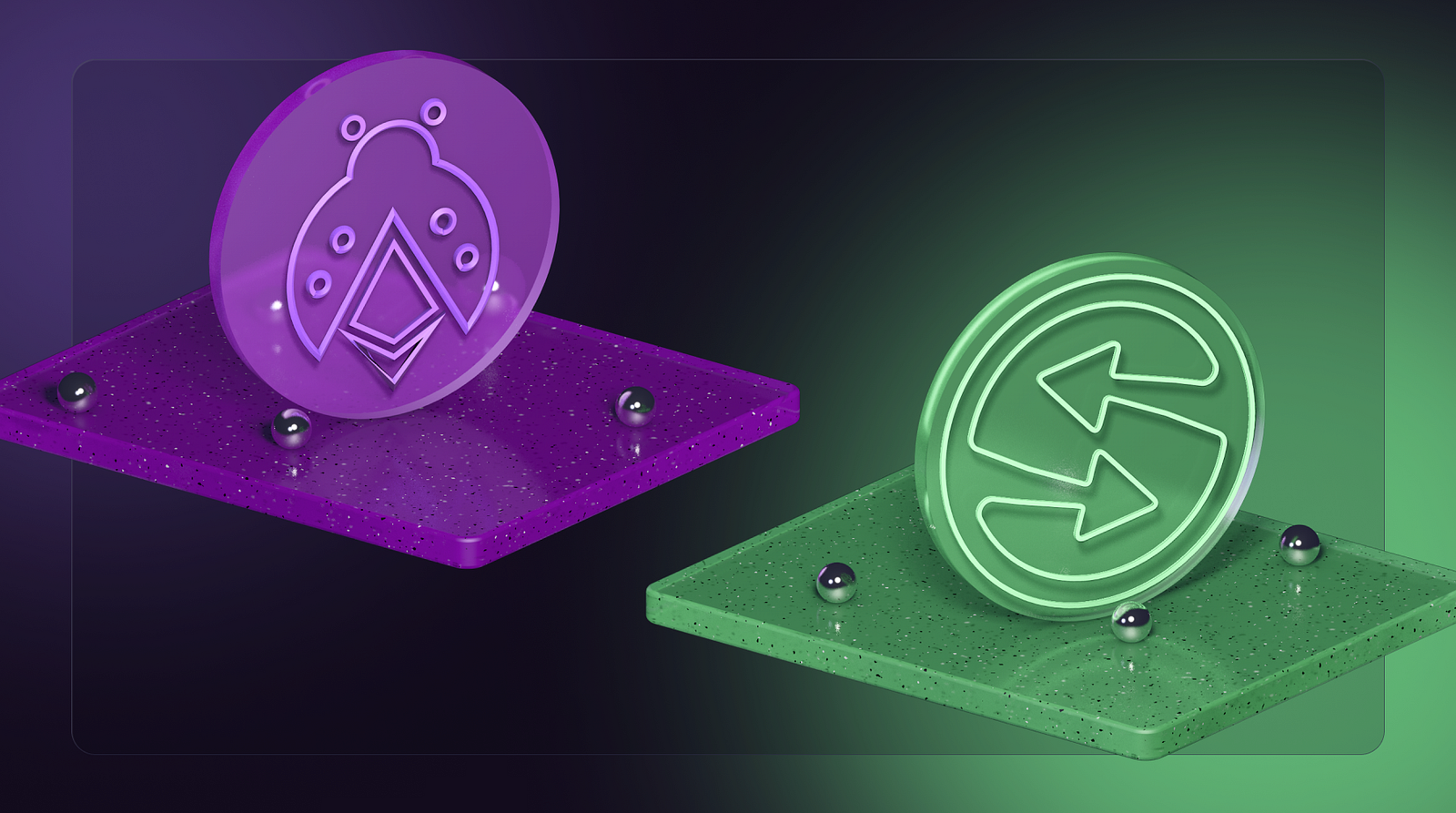
Historically, creating a dapp with access to multiple liquidity sources has been both time-consuming and costly, requiring extensive node deployment, synchronization, maintenance, and intricate coding. Swing’s solution eliminates these challenges, allowing developers to integrate advanced cross-chain liquidity with minimal coding effort.
For those utilizing the Etherspot SDK, the integration with Swing opens up many exciting opportunities. Developers can seamlessly integrate a token-swapping service into their apps, facilitating non-custodial trades between various crypto assets and stablecoins across different networks.
Also, we invite you to join the AMA hosted by Swing. Our CEO, Michael Messele, will be engaged in an hour-long Cross-Chain Talk.
🗓️ Mark your calendars on September 7th
⏰ 6 PM UTC
Save your spot 👉 https://link3.to/e/Idbtsw
Polygon unveils open-source developer stack for Ethereum’s ZK-powered Layer 2s
Polygon has introduced its open-source Chain Development Kit (CDK), a groundbreaking toolset designed to bolster the Ethereum ecosystem by supporting the creation of L2 protocols. This CDK leverages zero-knowledge proof (ZK-proof) technology, ensuring security and rapid transaction finality.
Jordi Baylina, Polygon’s co-founder and technical lead, shared insights with Cointelegraph about the Chain Development Kit.
He emphasized that the CDK’s primary goal is to simplify the process for developers to launch a ZK-powered layer 2 on Ethereum, tailored to their specific project needs. One of the standout features of the Polygon CDK is its ability to provide automatic access to liquidity across all Polygon chains and the broader Ethereum ecosystem.
Baylina pointed out the versatility of the CDK, with various projects already utilizing it for diverse applications, ranging from payment-specific L2s and decentralized finance to gaming and non-fungible token platforms.
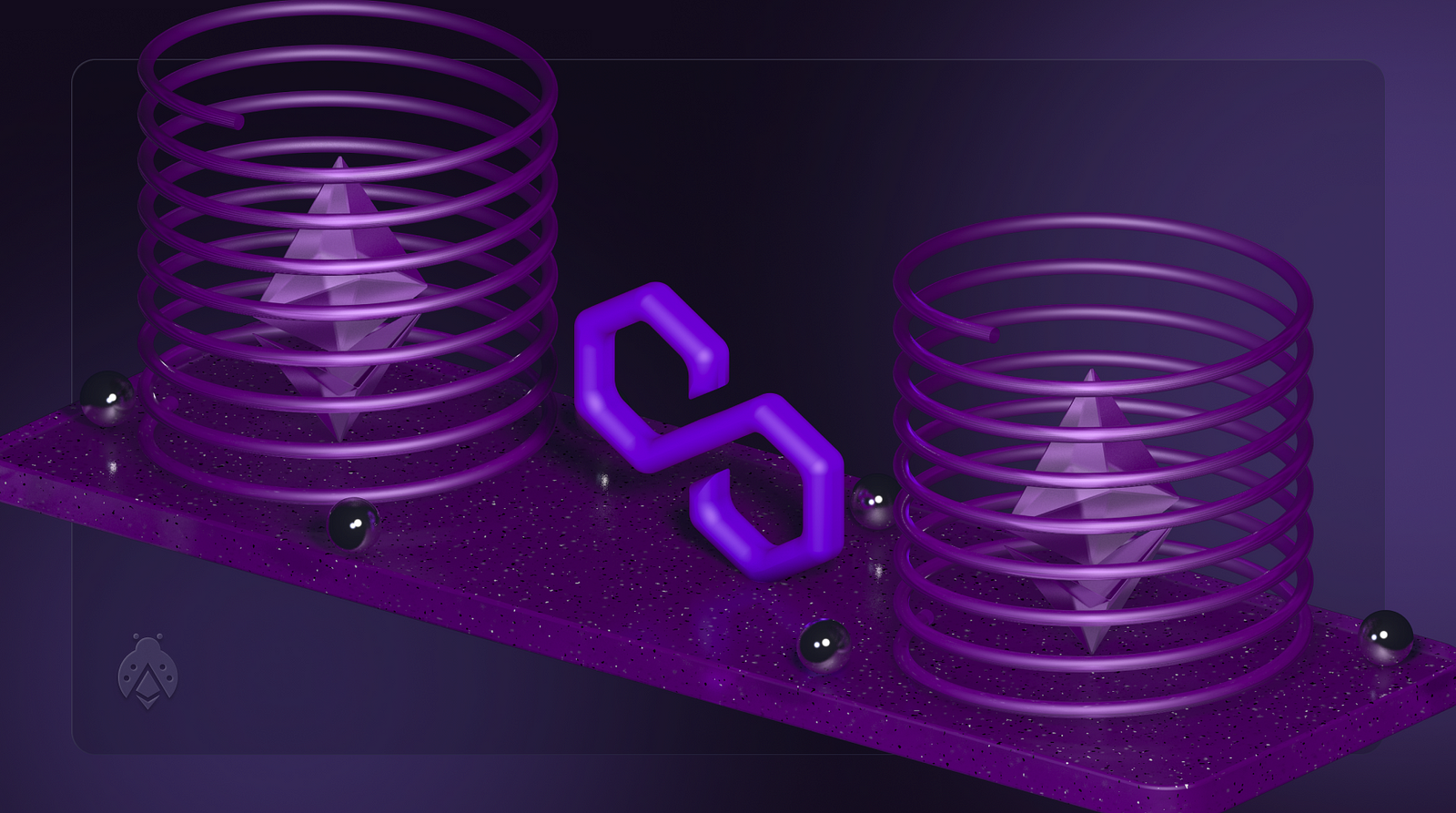
The CDK’s adaptability is evident in its support for different appchains, offering customizations for:
- rollup modes
- zkEVM
- data availability solutions
- and many more
Baylina also underscored the significance of ZK-proof technology, emphasizing Polygon Labs’ conviction that zero-knowledge is the future of Ethereum scaling.
The co-founder further differentiated the CDK from other programming languages in the Ethereum ecosystem, such as StarkWare’s Cairo codebase. The unique architecture of the Polygon CDK facilitates automatic access to shared liquidity via a ZK bridge and an interop layer.
Ethereum staking services commit to 22% validator limit to preserve decentralization
In a move to safeguard the decentralization of the Ethereum network, at least five Ethereum liquid staking providers have either implemented or are in the process of adopting a self-imposed limit. This is done to ensure they don’t control more than 22% of the Ethereum staking market.
Among those committed to this self-limit rule are Rocket Pool, StakeWise, Stader Labs, Diva Staking, Puffer Finance.
The 22% self-limit rule is designed to prevent Ethereum staking from becoming overly centralized.
Superphiz elucidated the rationale behind the 22% cap, explaining that since 66% of validators need to concur on the state of Ethereum, a limit below 22% ensures that a minimum of four major entities would have to collude for the chain to achieve finalization.
The developer had initially proposed this idea in May 2022, challenging staking pools to prioritize the chain’s health over their profits. However, not all staking providers are on board.
Lido Finance, the largest Ethereum liquid staking provider currently holding 32.4% of all staked Ether, voted overwhelmingly against the self-limit in June. Superphiz expressed concerns over Lido’s intentions, suggesting they aim to control the majority of validators on the beacon chain.
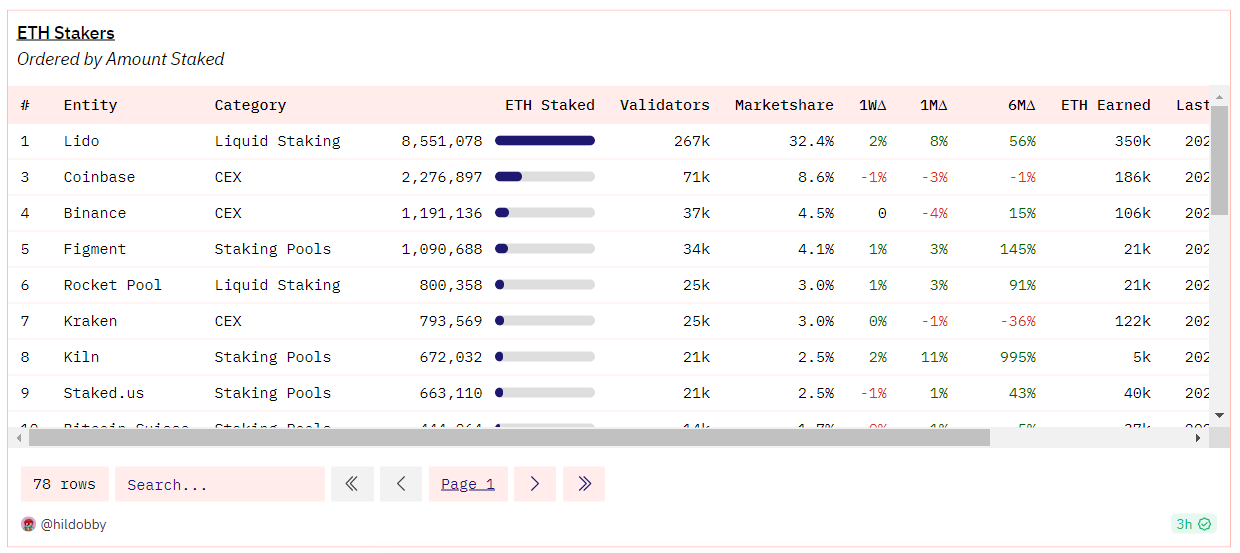
The Ethereum community has shown mixed reactions to this development. While some, like industry expert “Mippo,” believe the self-limit proposal isn’t necessarily aligned with Ethereum’s principles, others are concerned about the potential risks of centralization, particularly with Lido’s dominant market share.
ParaSpace and Parallel Finance introduce ParaX
ParaSpace and Parallel Finance have unveiled their merger, birthing ParaX, a Web3 app set to redefine the DeFi sector.
ParaX promises a user-centric experience powered by account abstraction and zkVM. The combined resources of the two companies total over $250 million.
The app will feature a new dashboard, the Meta User Interface (MUI), suitable for both newcomers and those familiar with digital finance.
Users can expect features like:
- investment tool that finds the best opportunities
- easy lending options
- helpful loan system
Additionally, by introducing a tech feature called ParaVM, ParaX aims to bring in more tech experts to the platform.
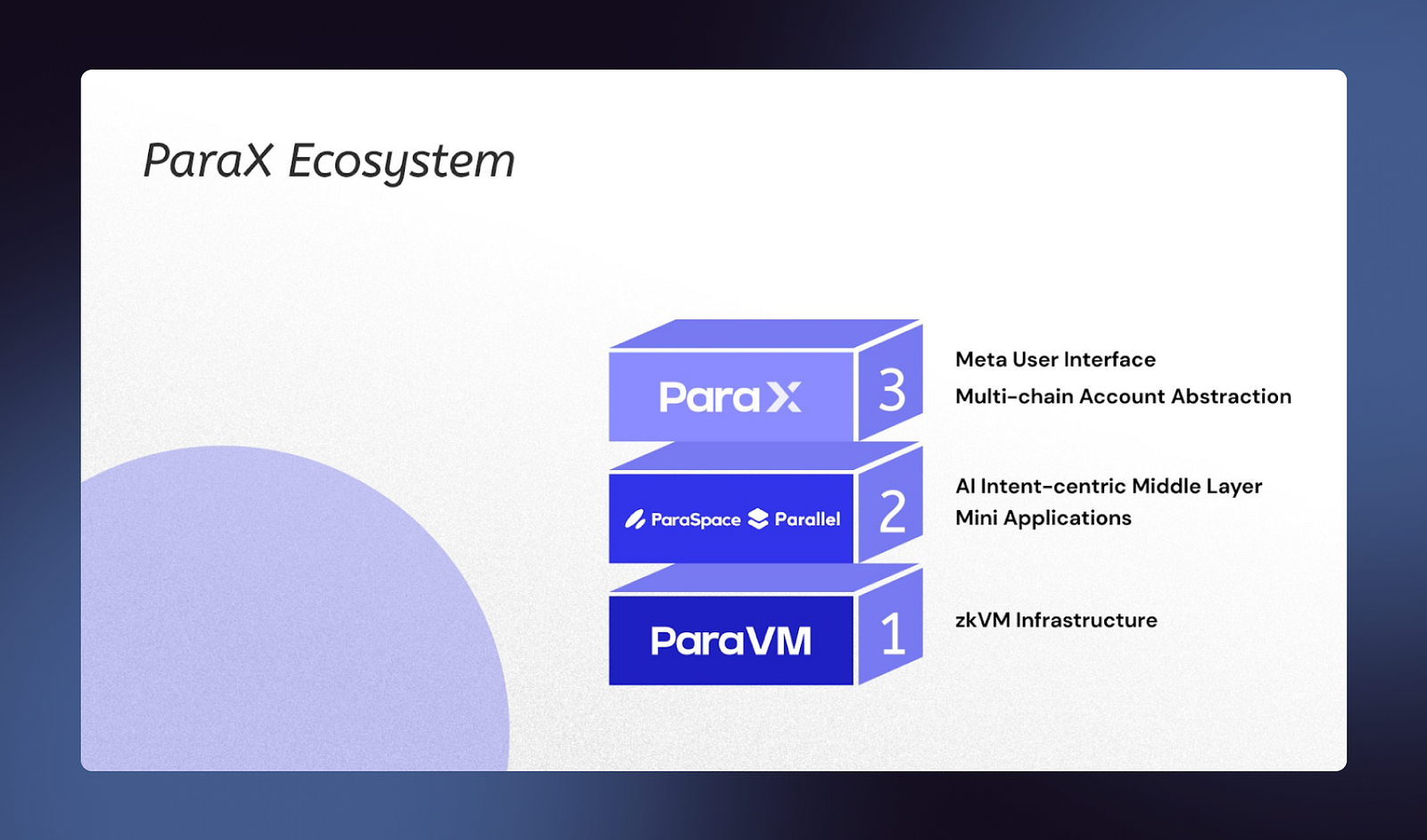
Circle CEO commends Avocado multisig wallet amid collateral decline
Circle’s CEO, Jeremy Allaire, has publicly endorsed the Avocado Multisig wallet, emphasizing its innovative USDC “gas tank” feature. This unique aspect allows all users to collectively cover transaction fees across various blockchain networks, addressing the often intricate issue of gas fee management in the decentralized finance sector.
Launched in March, the Avocado wallet is designed to serve a diverse range of users, from individuals to large institutions. Unlike traditional multisig wallets, which require a separate address for each blockchain, Avocado Multisig operates with a single address across over ten different networks. This streamlines treasury management by consolidating treasuries into one address across multiple platforms, paving the way for novel applications like token bridging.
Another standout feature is the Account Abstraction, which integrates Ethereum (ETH) smart contract capabilities directly into the wallet, enhancing its versatility and cross-functionality.
However, it hasn’t been all smooth sailing for Instadapp, the protocol behind Avocado Multisig. Recent data from DeFiLlama reveals a significant 85% drop in its collateral from a high of $13.5 billion in September 2021 to its current $1.88 billion.
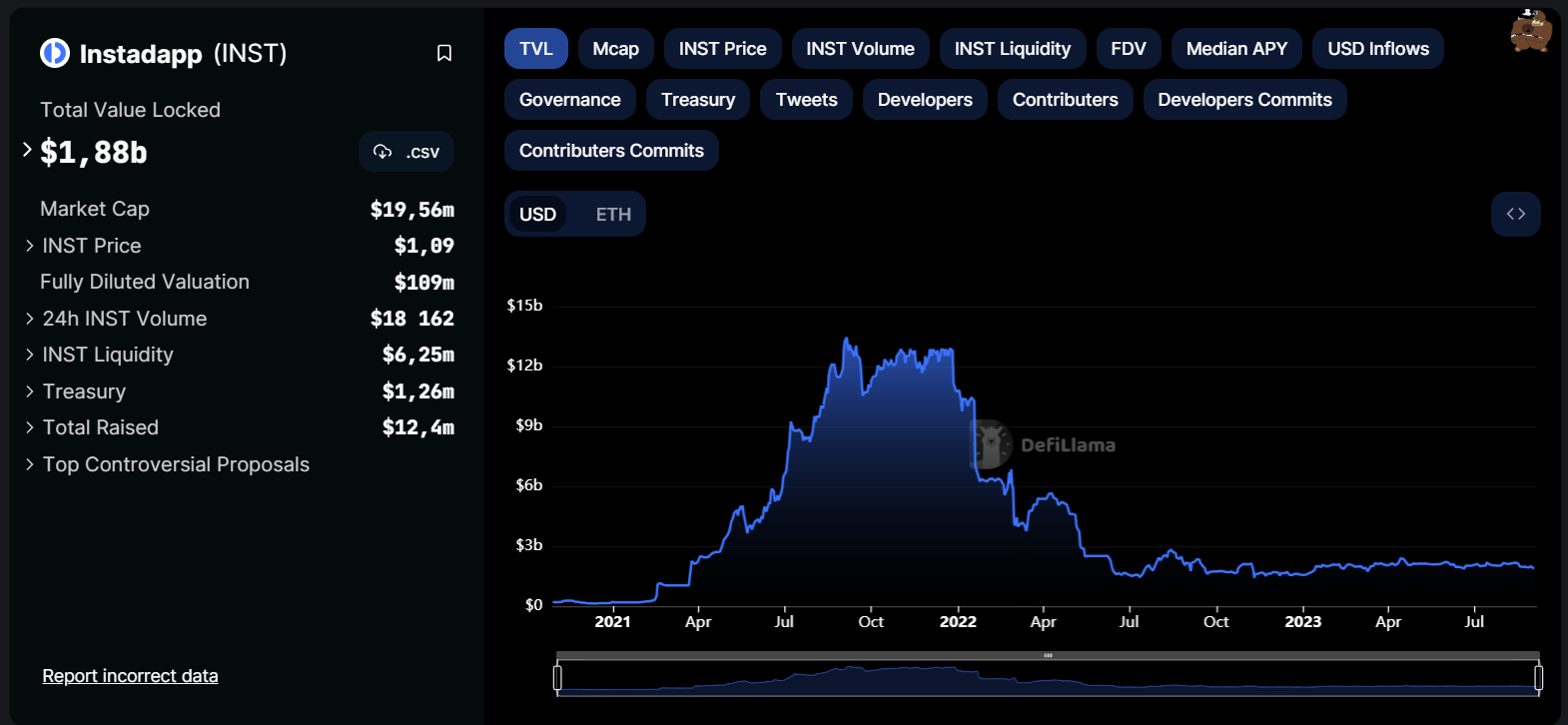
Furthermore, its governance token, INST, has also witnessed a sharp decline in value.
Start exploring Account Abstraction with Etherspot!
- Learn more about account abstraction here.
- Head to our docs and read all about the Etherspot SDK.
- Skandha - a developer-friendly Typescript ERC4337 Bundler.
- Explore our TransactionKit, a React library for fast & simple Web3 development.
- For a plug & play integration, review the BUIDLer react component.
- Follow us on Twitter and join our Discord.
Is your dApp ready for Account Abstraction? Check it out here: https://eip1271.io/
Subscribe to Etherspot’s Everything About Account Abstraction Newsletter!
Get In Touch:
Website | Twitter | Discord | Github | Telegram
Powered by Etherspot
BUIDLer React Component | TransactionKit | Pillar Wallet | AirdropMe

